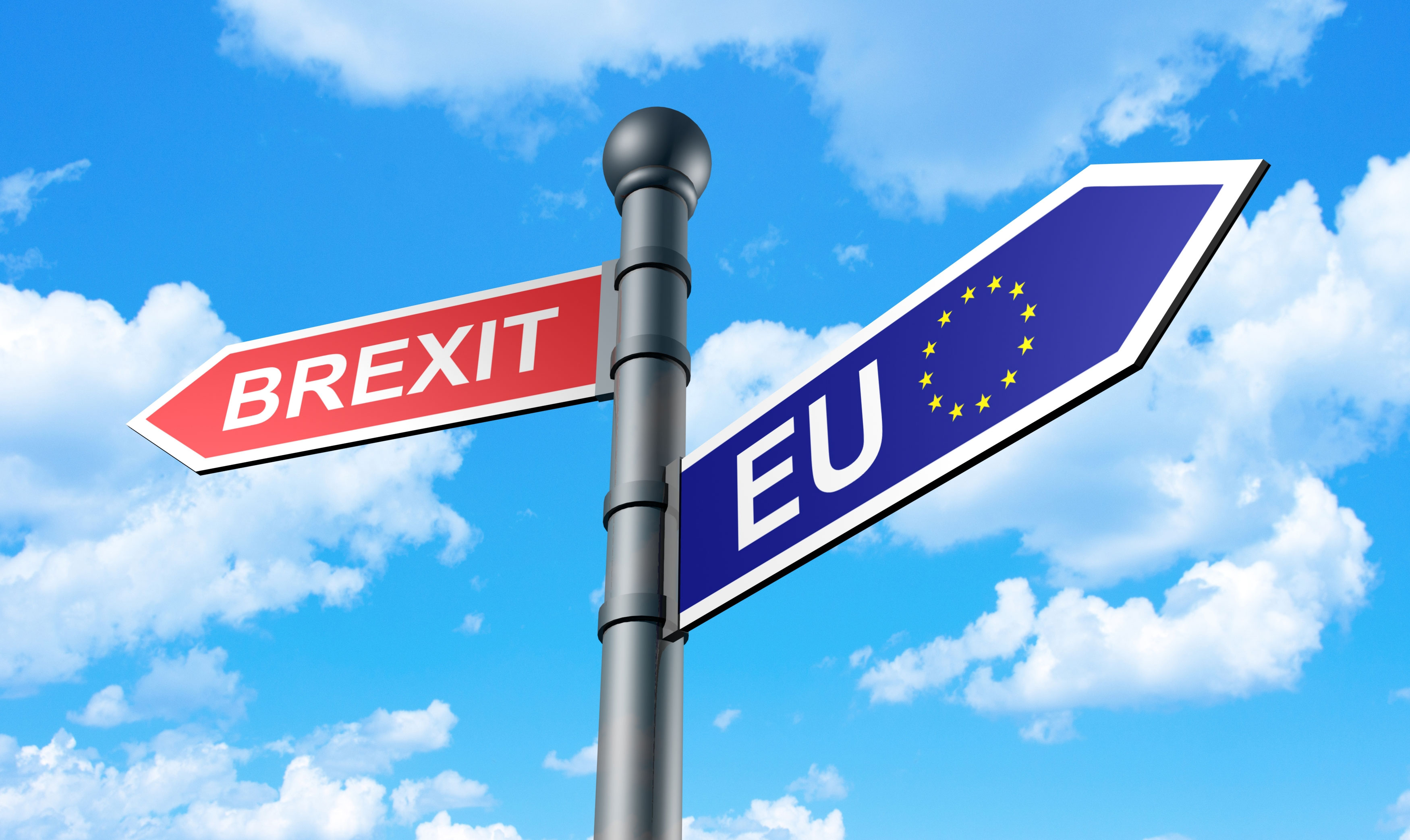India is discussing an ambitious free trade pact with the UK which would include an agreement on services and financial markets and could be signed soon after Britain negotiates its Brexit deal with the European Union.
Top officials from both India and Britain said talks were on even as the UK struggled with its negotiations with the European Union, from which it is separating following a referendum in 2016.
Britain is also trying to build safeguards into its Brexit pact which would allow Indian companies to continue to operate out of London and access the European markets, diplomatic sources said.
Trade between India and the UK stands at $24 billion a year and analysts believe this can be easily ratcheted up to $30 billion by 2020, even without a trade pact.
“An ambitious trade pact could catalyse trade to higher levels,” said Biswajit Dhar of JNU and former director-general of RIS.
Indian firms employ more than 1.1 lakh people in the UK and account for more than $68 billion in revenues. Around half of India’s investments to the European Union goes to the UK and about three-fourths of that to the city of London.
Britain is trying to continue its hold on Indian business post Brexit by wooing them with technological partnerships in high-tech areas such as low-carbon automobile engines, graphene engineering and aerospace, many of which are expected to be signed in a tech summit slated for December this year.
Top officials said, “Britain on its part is interested in expanding its footprints in the financial sector in India and in projecting London as the first choice for Indian companies raising global finance, so a deal involving financial markets is important for them.”
India, in its bid to pave the way for a post-Brexit deal, agreed to allow 100 per cent foreign direct investment in insurance brokerages.
Llyod’s has started a reinsurance office in Mumbai last year, which is eventually expected to turn into an insurance trading centre. Lloyd’s and the European and American reinsurers would like India to give up its policy of allowing state-run GIC the first right of refusal for any reinsurance contract.
Right now Lloyd’s India is licensed by the Insurance Regulatory and Development Authority of India as a branch of Lloyd’s UK to underwrite the reinsurance business in India. Lloyd’s India is not allowed to act as a trading floor for normal insurance business, and the UK is keen Lloyd’s gets the permission.
On its part, India is also keen on deals to ease the export of software as well as the movement of IT and healthcare professionals. However, till date, Mode 4 negotiations, or the negotiations on temporary export of Indian skilled personnel, has been on hold given the Theresa May-government’s stance on immigration.
India’s textile and garment sectors are also extremely keen on a trade pact with the UK. These sectors are major forex earners, after software and gems and jewellery. India has been getting a raw deal in garments over its main competitors — Bangladesh, Cambodia, Vietnam and Pakistan — which have the advantage of either agreements or quotas.
Indian export of garments to Europe on the other hand attracts a 9.6 per cent duty, making such products uncompetitive.










